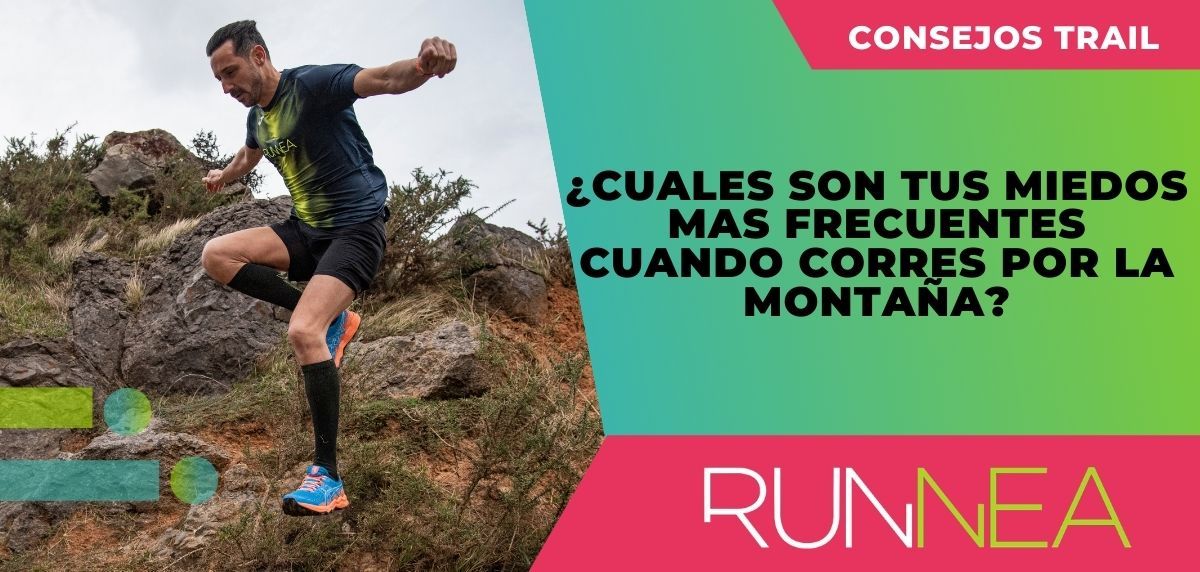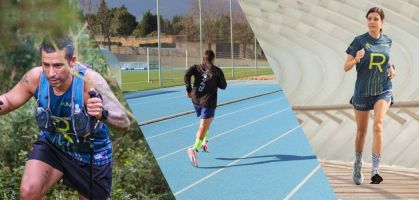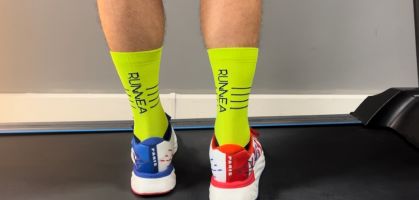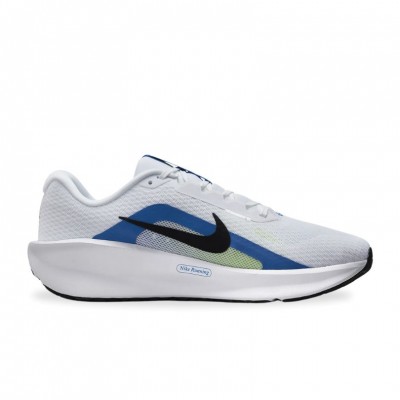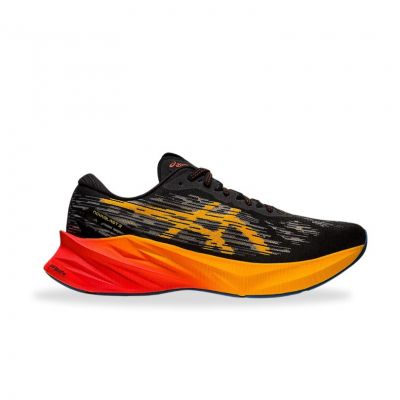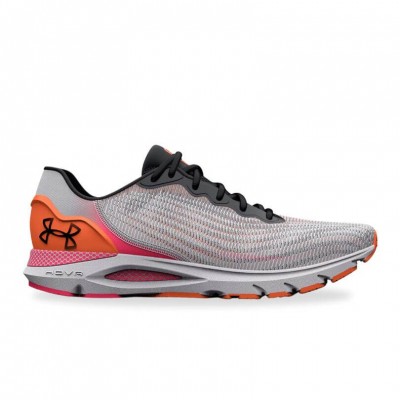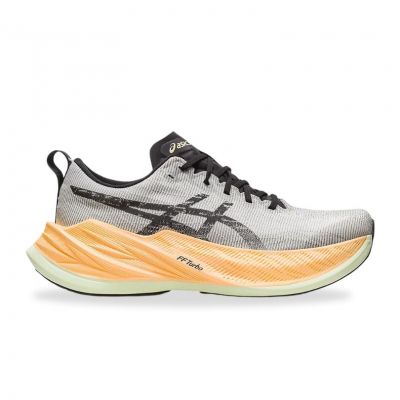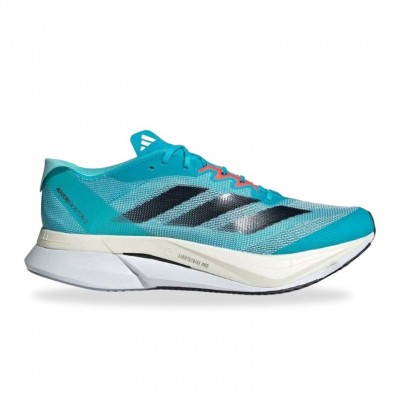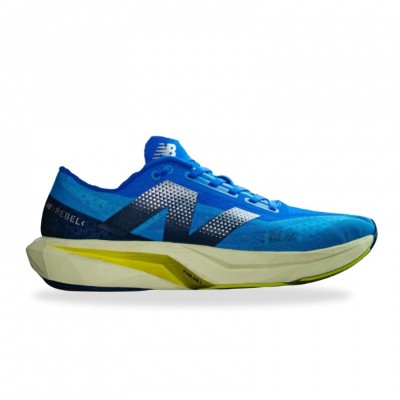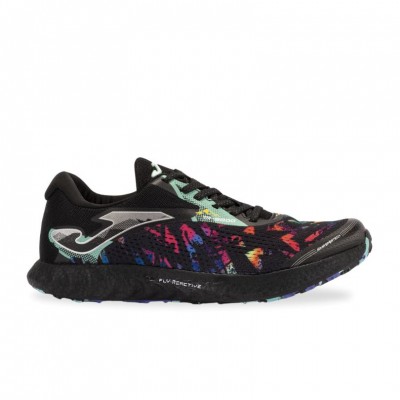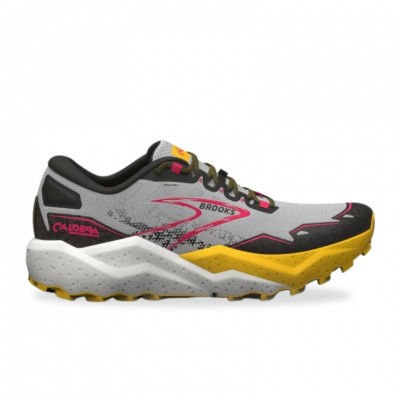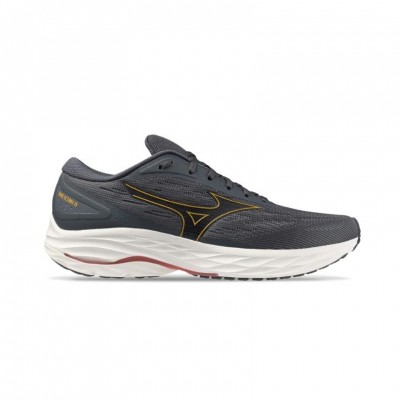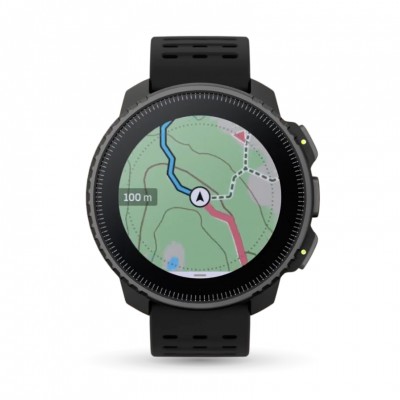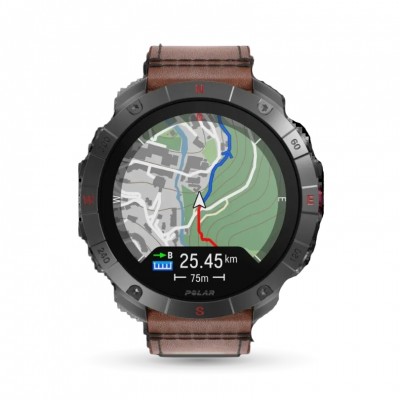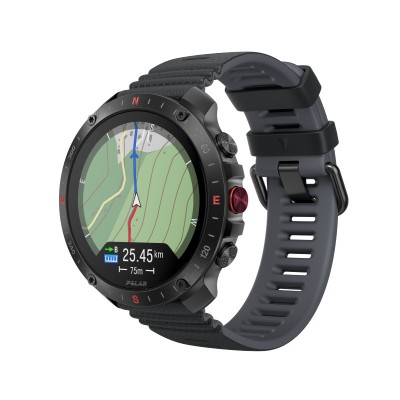Everything or almost everything in this life has its good things and its bad things, and running in the mountains is not going to be less. It is undeniable that all of us who have ever run in the mountains have enjoyed that feeling of absolute freedom, of contact with nature, of knowing and feeling that each step will be different from the previous one, but we cannot deny that to a greater or lesser extent we have had some jolts while running in the mountains. For this reason, in this article we are going to talk about the most frequent fears that every trail runner must overcome to enjoy his passion for the mountains.

Although it is likely that you have experienced some unpleasant moments, we are convinced that despite this, you still feel that itch every time you put on your trail running shoes.
What are your most common fears as a trail runner when you go trail running?
Having said that, we are sure that one of the biggest fears of every trail runner is getting lost while running in the mountains. To avoid such situations, Iker Muñoz, Runnea's sports director, says that "before moving through a new place it is vital to study it (see a map, take reference points: mountains, trails, etc.), trace a route and warn someone of the route we are going to do". He adds that "nowadays there are several apps that let you share your location in real time. Despite this, sometimes we do not have coverage that allows this transmission, if you are one of those who like to get lost in remote places, the option of acquiring a traditional GPS will not be superfluous in your list of complements".

Therefore, it is clear that the better equipped we are and the more we study in advance the route we are going to take, the safer we will feel and the more likely we will enjoy ourselves. When asked about how to prepare a trail session from home, Iker Muñoz gives the answer. Iker Muñoz gives the following answer: "With a map in front of us we can establish the circuit we will do depending on the objectives of the training session (slope to be reached, distance, type of surface, springs, etc.). By means of this planning we can determine the type of climbs we are going to do (technical, with a certain percentage of gradient, with less gradient and more runnable, etc.). This seems like a no-brainer, but training as similar as possible (in conditions, terrain, etc.) to the competition is very important in the mountains.
In the same way, despite having taken all possible precautions and having thoroughly prepared the session, we may encounter unforeseen events, such as being caught out at night and becoming disoriented due to the lack of light. In these situations, our sports director states:
"In these cases we must warn of our situation and if we cannot reach some significant point (a clearing, a nearby mountain, etc.) stay in place and wait for them to come looking for us".
How should I run down the mountain to avoid falling?

This is undoubtedly another major concernof every trail runner. Although it is true that it may not be as distressing as getting lost in the mountains, falls are part of this world, as Iker Muñoz confesses. "The fall thing is something that nobody likes, but if you are going to start running in the mountains you have to expect that there will be some mud or a stumble," he says.
- You might be interested in: Txus Romón, we meet one of the pioneer trail runners in Spain.
Muscle fatigue is one of the reasons why falls can occur. To prevent muscle fatigue, Iker Muñoz recommends that "we should increase the stride frequency, thus reducing the force we apply to each step. This is useful for both uphill and downhill. However, like everything else, in different conditions we will not have to apply this, when we are running on the flat our stride can have the same length as when we run on asphalt. However, as a general rule, the stride in the mountains is shorter.

Is it advisable to go mountain running with a food backpack?
This is another of the doubts that can arise when we go running in the mountains. While it is true that when we run on asphalt, it is common that there are, for example, fountains where we can hydrate, this is more complicated to happen in the trail, so Iker Muñoz, warns that "when you move through the mountains it is always advisable to carry some food, water and a waterproof layer or windbreaker. When you are at a certain altitude, conditions can change very quickly and it is always advisable to be prepared for possible mishaps".

Iker Muñoz is clear about what food to eat when running in the mountains. "If you are going to run or walk for hours, foods with a high caloric content (preferably with carbohydrates with different assimilation rates) may be the most interesting option. Classic foods such as bananas, dates, nuts or different types of bars can be an easily transportable option," he says.
Finally, our sports director gives advice to all those who want to get started in the wonderful world of trail running. "If we want to start trail training, I would introduce a weekly training session in the mountains with relatively low gradients (300 positive over 10 kilometers)," he says and also points out that "as our joints (especially the ankles) get used to this surface , I would increase the frequency to two days, always trying not to increase the accumulated gradient exponentially".
Read more news about: Running Training
